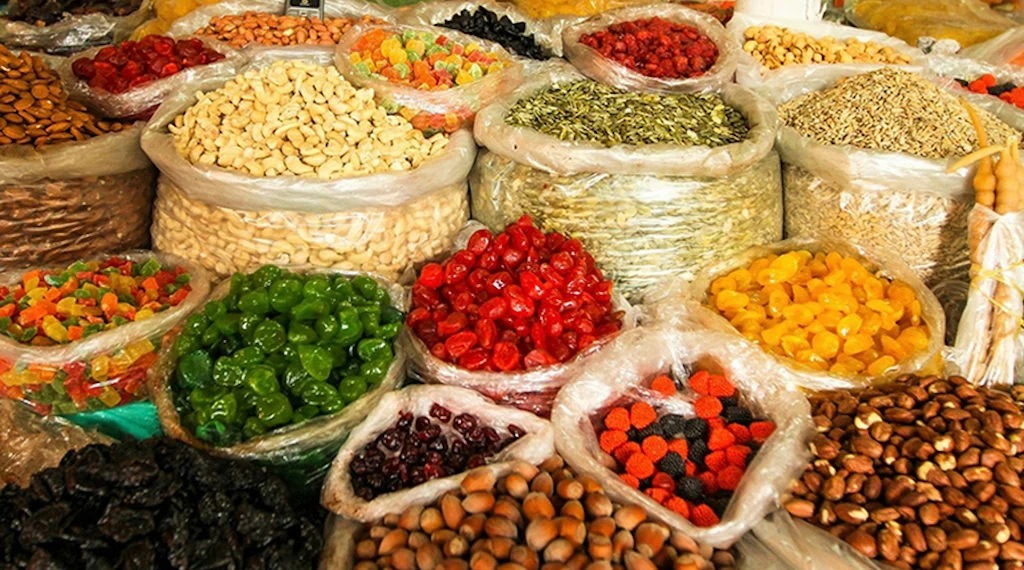Less than 48 hours to the Eid-el-Kabir celebration, prices of tomatoes, onions, peppers, and other perishables have surged dramatically across Nigeria following the collapse of the strategic Mokwa Bridge in Niger State.
The bridge, a vital artery linking northern food-producing states to southern markets, caved in after last Thursday's catastrophic flood, which reportedly killed over 200 people and left hundreds missing. The disaster has left hundreds of trucks marooned, disrupting the flow of perishable goods ahead of the Sallah festivities.
Speaking with The PUNCH, Alhaji Isa Aliyu, President of the National Onion Producers Processors and Marketers Association of Nigeria, confirmed that numerous trucks conveying onions to the South-West are stranded in Mokwa town. His counterpart in Kebbi, Alhaji Umarun Basiru, said at least 15 trucks laden with tomatoes and pepper—valued at N250 million—are trapped, triggering widespread anxiety among traders and consumers.
Aminu Aliyu, a Bauchi-based dealer, lamented, “This will worsen the already bad situation of the poor masses. When foodstuffs are stranded, prices soar. And now, it’s Eid—the demand is huge.”
The ripple effect is being felt nationwide. In Ilorin’s Mandate Market, a basket of tomatoes that sold for N40,000 last week now costs N50,000. In Lagos’ Mile 12 Market, prices have doubled—small baskets of tomatoes have gone from N7,000 to N14,000, while a bag of Sombo pepper surged from N35,000 to N130,000.
In Lafia, Nasarawa State, tomato baskets now sell for N20,000 to N25,000. Ibrahim Muhammad, Secretary of the Kasuwa Tomatoes Market, appealed to the Federal Government for intervention. “People were already complaining of hardship. Now, with food prices rising again, many can’t afford three meals a day.”
Kaduna, Gombe, Plateau, and Yobe traders have also raised alarms, fearing significant financial losses as perishables begin to rot. “Some goats have started dying,” said Bulus Andrawus of the Plateau Truck Drivers Association, describing the situation as critical.
Southern markets mirror the crisis. From Uyo in Akwa Ibom, where onion prices jumped from N60,000 to N75,000, to Benin, where vegetables tripled in price, the market strain is evident. In Osun, vendors say they’re relying on local produce from Oke Ila as northern supply has been cut off.
“Last year, I could buy a basket of onions and pepper at N8,000. Now, it’s impossible,” said a trader in Cross River. Another, Ekom-Abasi Nyong, decried the economic toll on households: “With my husband’s salary barely covering essentials, I often choose between food and other needs.”
As the festive weekend approaches, industry leaders and market associations are pleading for swift government action. “This is not just about profits,” said Musa Mohammed, Chairman of the Truck Owners Association. “This is about food security for millions.”




